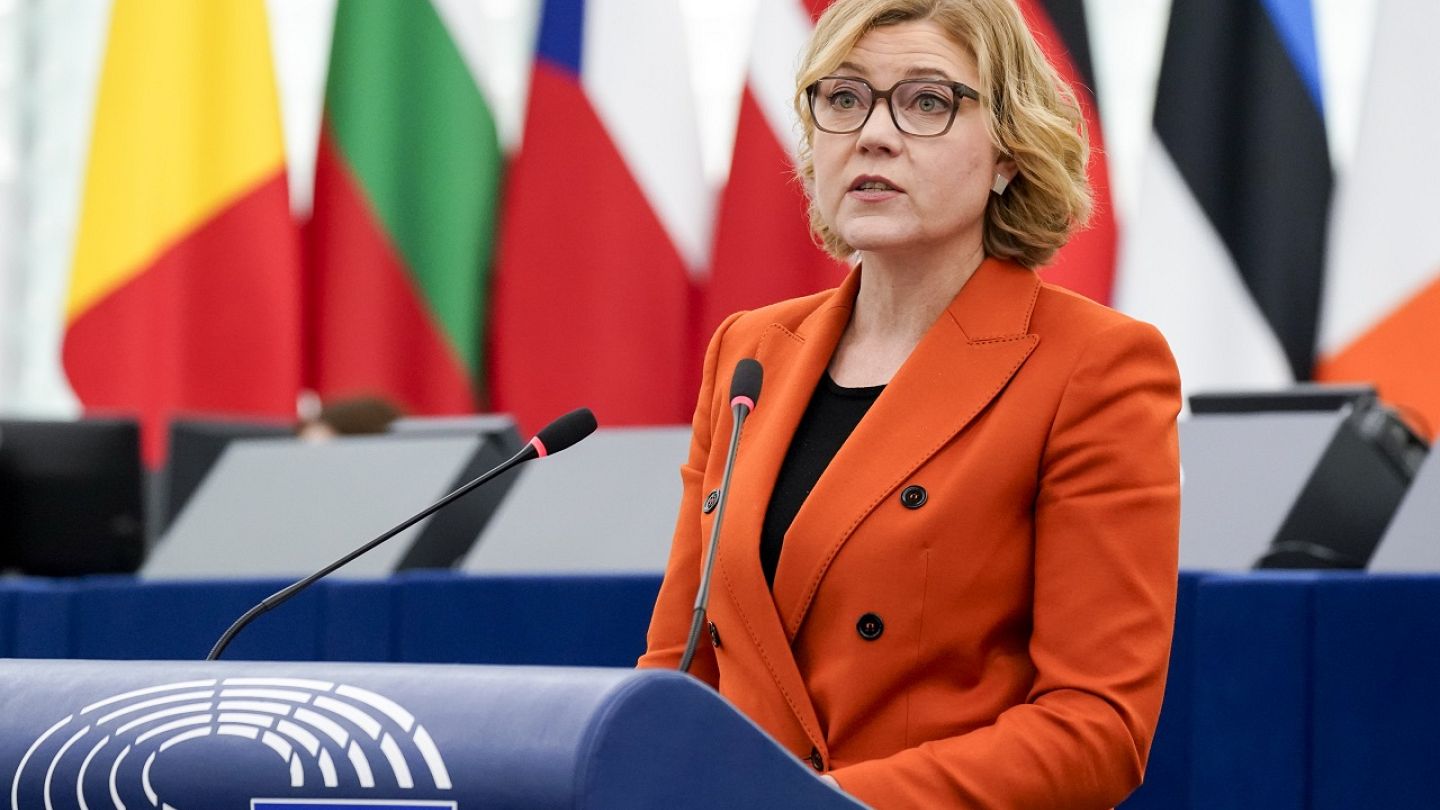The EU technology chief announced that TikTok has made changes ahead of the Romanian elections.
The European Commission launched an investigation into TikTok last December following reports that voters were being influenced through social media.
EU Technology Commissioner Henna Virkkunen stated on Monday during a testimony to the European Parliament's Internal Market and Consumer Protection Committee (IMCO) that TikTok has made internal changes to protect the presidential elections in Romania from foreign interference, following the Commission's investigation into the platform last December. Virkkunen said, "We welcome the changes TikTok has made in relation to the elections in Romania in May. These changes include better detection and labeling of political accounts, the addition of more Romanian language experts, and an increase of 120 specialists to the Romanian election task force working specifically on covert influence campaigns and advertising integrity." The first round of the Romanian elections held last November was annulled based on intelligence reports that claimed Russia influenced voters through social media to support the then lesser-known nationalist candidate Calin Georgescu. Due to Georgescu's popularity on TikTok, the Commission launched an investigation in December to check whether the platform violated the Digital Services Act (DSA) regarding risk assessment and election integrity during the campaign. The outcome of the case is still pending. Earlier this month, Romanian authorities banned Georgescu from running due to non-compliance with the rules in a previous election. Online platforms TikTok, Meta, Google, and X were invited to participate in an election stress test organized by Romania's communications regulator Ancom in March. Ancom stated to Euronews that the stress test evaluates the capacity of those involved in the electoral process to address potential online challenges that may arise during the election period.
During the discussion about the TikTok case, Virkkunen stated that it is an example of the DSA working to improve the actions of platforms. Members of Parliament also inquired about pending fines on technology platforms for potential violations of both the DSA and the Digital Markets Act (DMA). The EU executive has initiated a series of lawsuits for potential violations under both regulations, none of which have been resolved yet. Regarding the DMA, where fines for Apple and Meta could come this week, Virkkunen stated that there should be "no significant delays" in the enforcement of the rules. In response to criticisms of EU technology regulations, including the DSA, DMA, and AI Act raised by the US government led by Republican President Donald Trump, Virkkunen said the rules are "fair for everyone" and that Europe is "rule-based."


